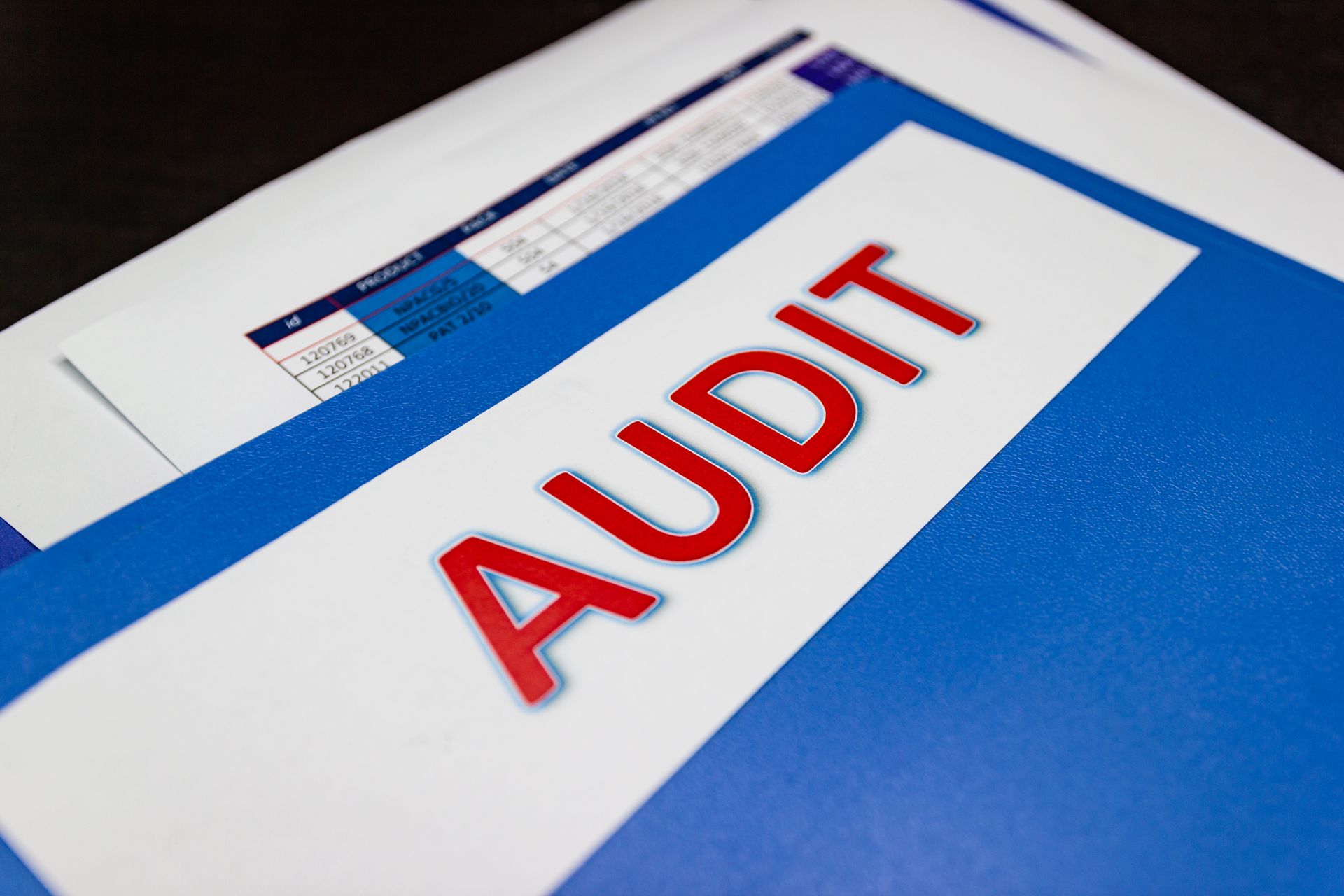How to Handle an IRS Audit: What You Should Know Before Responding
How to Handle an IRS Audit: What You Should Know Before Responding
Few things cause as much stress for individuals and business owners as receiving notice of an IRS audit. Even if you’ve done your best to file your taxes accurately, the audit process can feel intimidating and overwhelming. Knowing what to expect—and how to respond—can make all the difference in protecting your finances and avoiding costly mistakes.
At Auerbach Law Group, P.C. we focus on tax controversies, adversarial tax defense, and representing clients in disputes with the IRS and state taxing authorities. Here’s what you need to know if you are facing an IRS audit.
Why the IRS Audits Taxpayers
The IRS selects returns for audit for several reasons, including:
- Random selection – some returns are chosen through computerized screening.
- Red flags or discrepancies – unusually high deductions, inconsistent income, or missing forms can trigger review.
- Related audits – if your business partner, employer, or investment is audited, your return may also be examined.
Remember: an audit doesn’t necessarily mean wrongdoing. It means the IRS wants to verify the accuracy of your return.
Types of IRS Audits
Not all audits are the same. The IRS may use different methods depending on the complexity of the issues:
- Correspondence Audit – conducted by mail, typically focused on specific items such as charitable deductions or reporting of income.
- Office Audit – held at an IRS office where you’ll need to provide documentation in person.
- Field Audit – the most serious, where IRS agents come to your home or business to review records.
The more complex your tax situation, the more likely the IRS is to conduct an in-depth audit.
How to Prepare for an Audit
When you receive an audit notice, your first steps matter:
- Read the notice carefully – it will outline what years and issues the IRS is reviewing.
- Gather documentation – collect receipts, invoices, bank statements, and relevant records.
- Do not ignore deadlines – missing a deadline can limit your rights to respond or appeal.
- Avoid making assumptions – never guess at answers or provide incomplete information.
Most importantly, consult with an experienced tax attorney before responding. Engaging with the IRS without legal guidance can lead to unnecessary disclosures, penalties, or an expanded audit.
Why You Need Professional Representation
IRS audits involve complex rules and procedures. An experienced tax attorney can:
- Communicate directly with the IRS on your behalf
- Ensure you provide only what is necessary and relevant
- Challenge improper requests or findings
- Negotiate settlements, payment plans, or penalty relief if needed
- Protect your rights during adversarial proceedings and appeals
Without professional support, taxpayers risk agreeing to liabilities they do not actually owe.
Auerbach Law: Protecting You in Tax Audits
At Auerbach Law, we know the IRS audit process inside and out. Whether you’re an individual, business owner, or fiduciary, we provide strategic tax defense that minimizes exposure and protects your interests. From the initial notice to hearings, appeals, or tax court litigation, our team is ready to stand by your side.
Take Control of Your Audit Today
An IRS audit can feel overwhelming, but you don’t have to face it alone. With the right strategy and representation, you can navigate the process confidently and protect your financial future.











